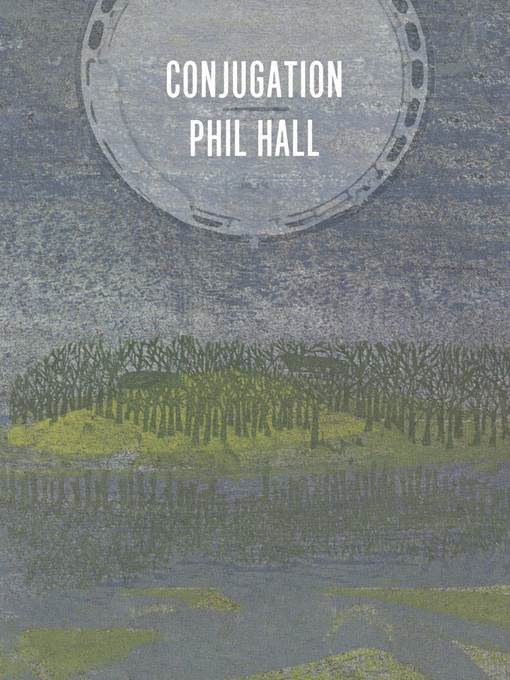I am sitting outside at dawn on Otty Lake, where I live, in the woods. The light is coming over the trees, and each morning the poem is written as if right while it is being read.
A rough immediacy. Gap & Hum. Caesura. Syllables as musical notes.
The lyric weaving of honesty about the self—toward revelation & transformation.
My poetics has widened, here, to include more space, more primitive sounds and glyphs, less metaphor, less anecdote, more tangential conjugating...
My poetics, in its growing inclusiveness, is not sad but hopeful.
The term "conjugation" refers to more than the obvious grammatical movement of pronouns through time (I am / you are / they will be). For, in Biology, it also refers to the transfer of information between cells. And Conjugation—the new collection of poetry from Governor General's Literary Award– and Trillium Book Award–winning poet Phil Hall—sees an open realm where individual letters inside a word are each rolling through their possibilities, from A to Z. Thereby, the language in this, Hall's eighteenth book of poetry, and the fourth to be published by BookThug, travels into and out of itself, as he says, "escaping my ego, while revealing, word by slightly different word, my deeper connections and disconnections to things—to what used to be called poetry's 'subjects.'"
Replete with images of the natural world and in some cases, the mechanisms that transform it–horses, leaping fish, trees, canals and locks—Hall has created in Conjugation at once a return to the nature/nurture elements that have wound their way through his earlier collections, but also a versed ode to the discouragement that many Canadians have felt about the progression of their country and government over the past number of years.
As much care was taken with the writing of this collection as the shaping of the poems themselves. Hall's poems are shaped into a form of free-verse terza rima (2-line / 1-line alternating pattern), where spaces between phrases and words allow the syntax to be infused with floods of words from other angles. This results in a quilting or cross-hatching or braiding effect that ensures that readers will be captured in the flow of Conjugation's wordplay and the evolution that takes place through its pages.


دیدگاه کاربران